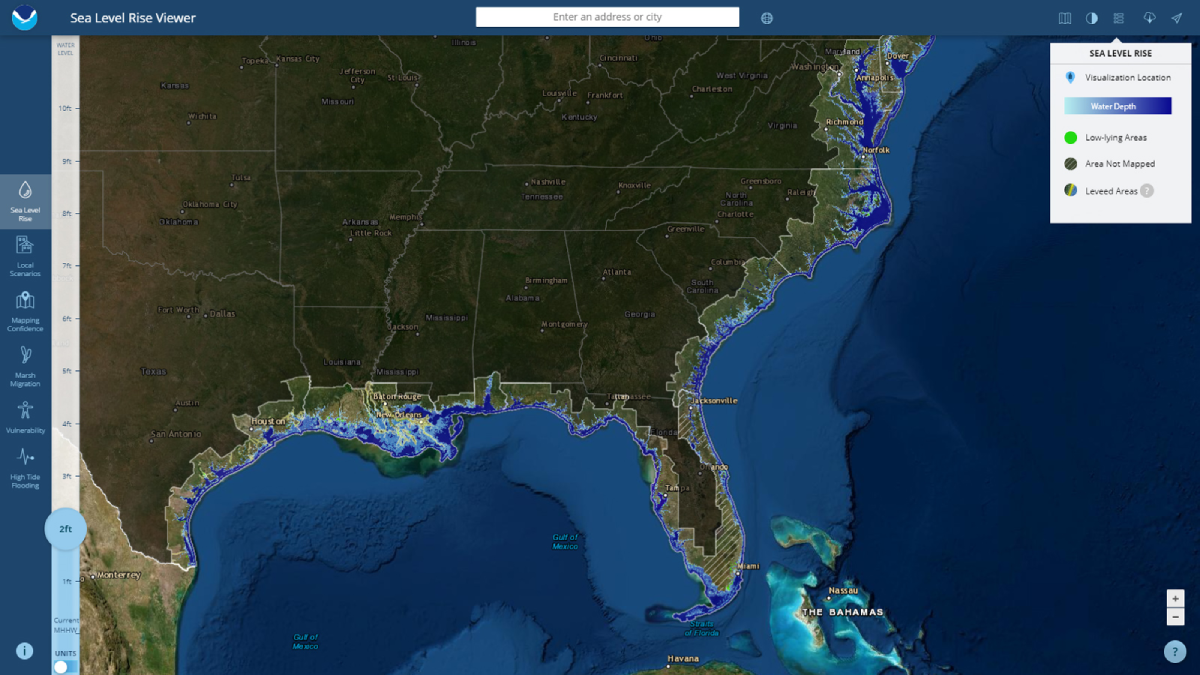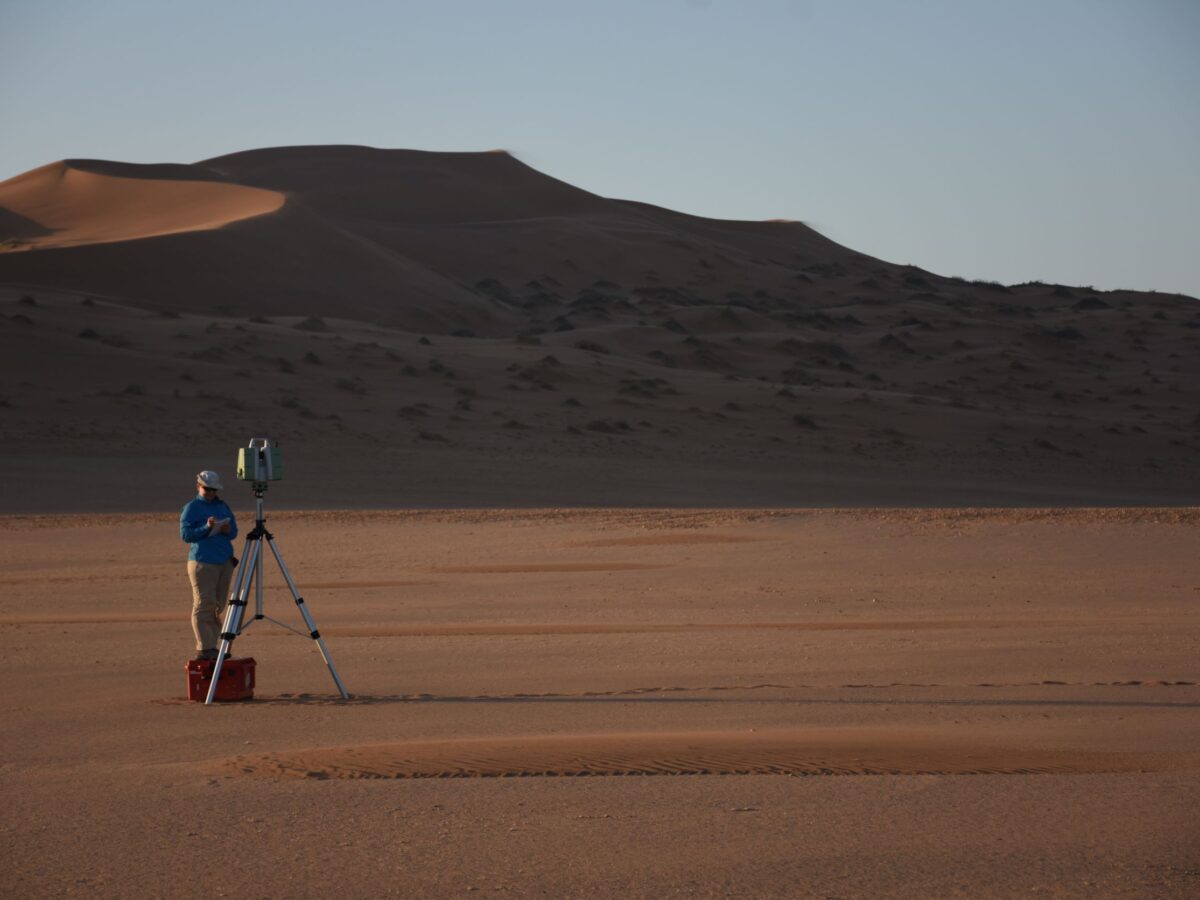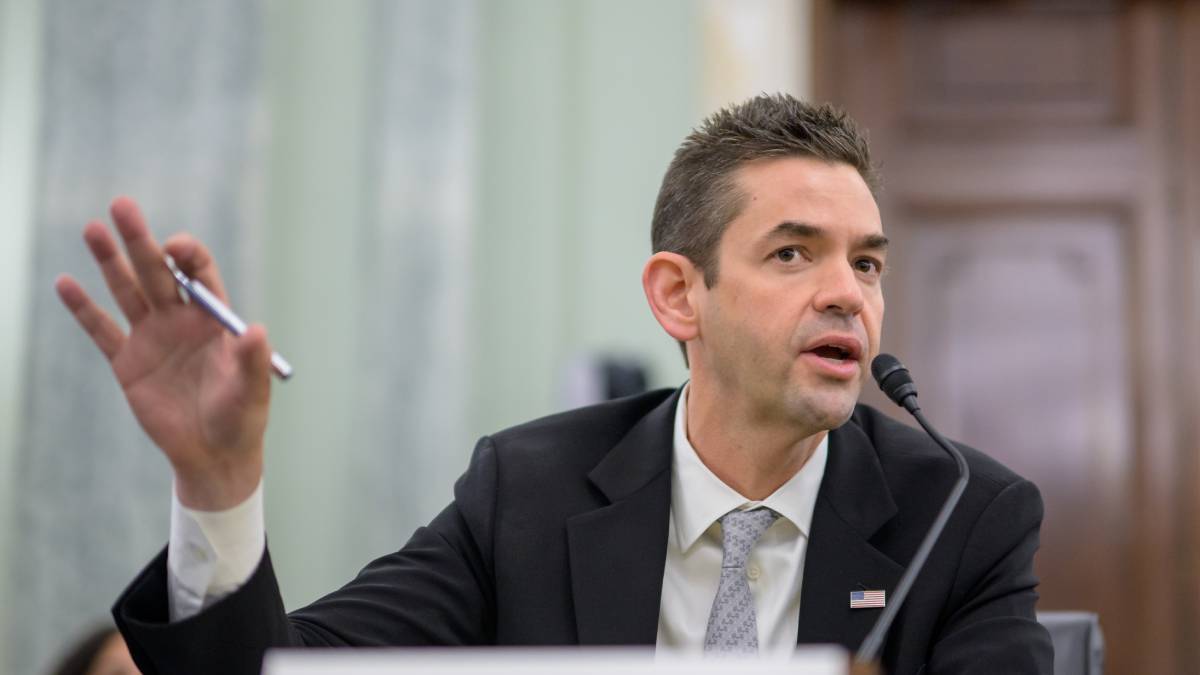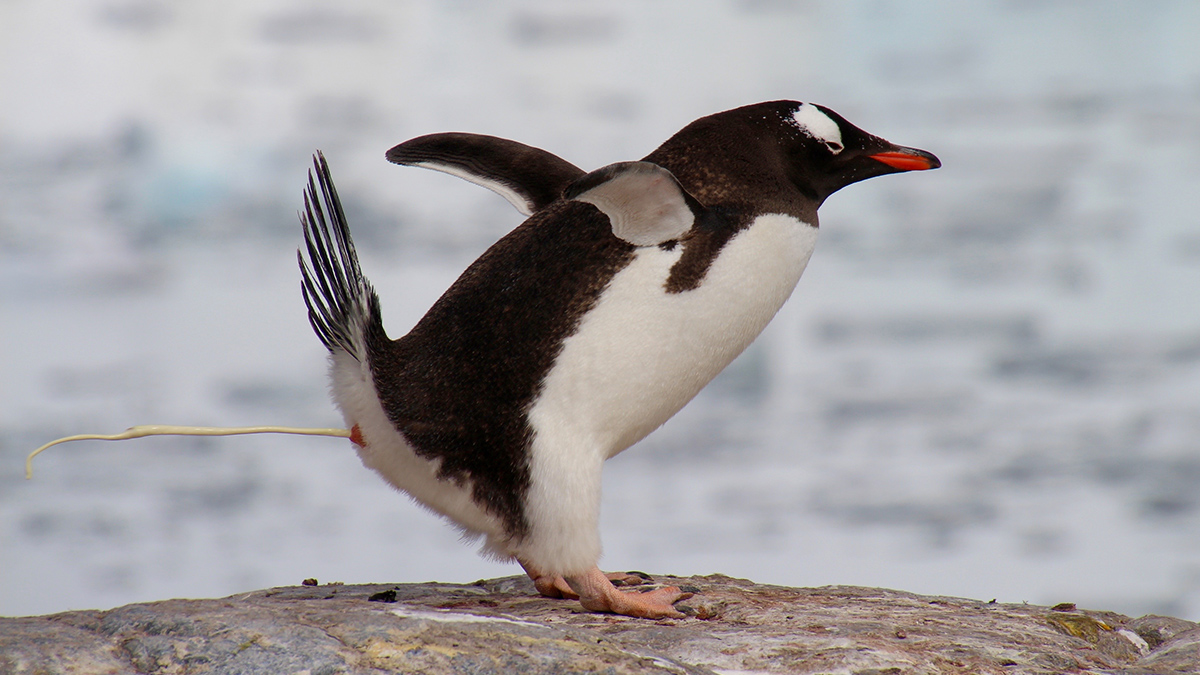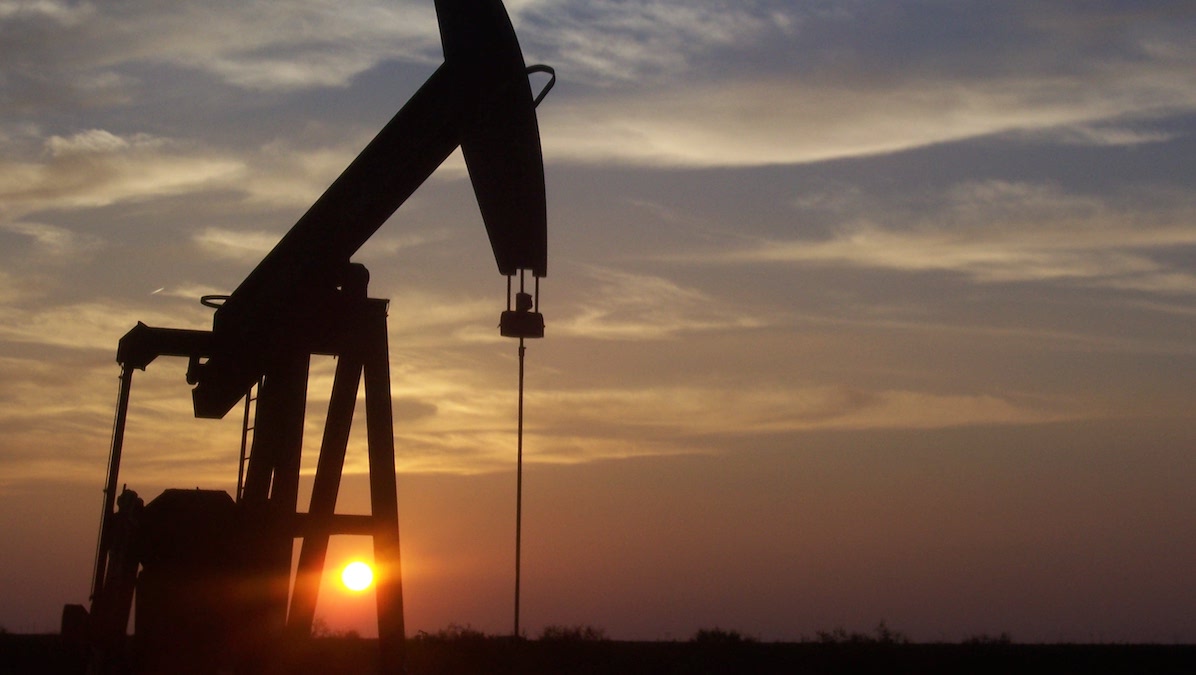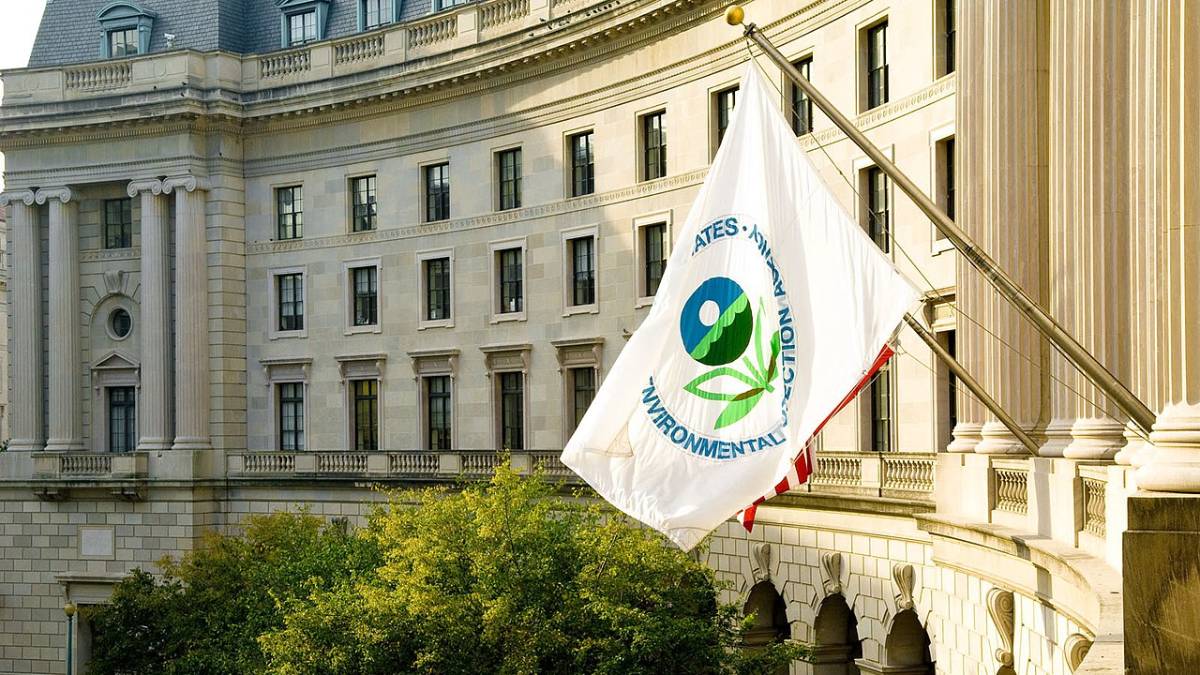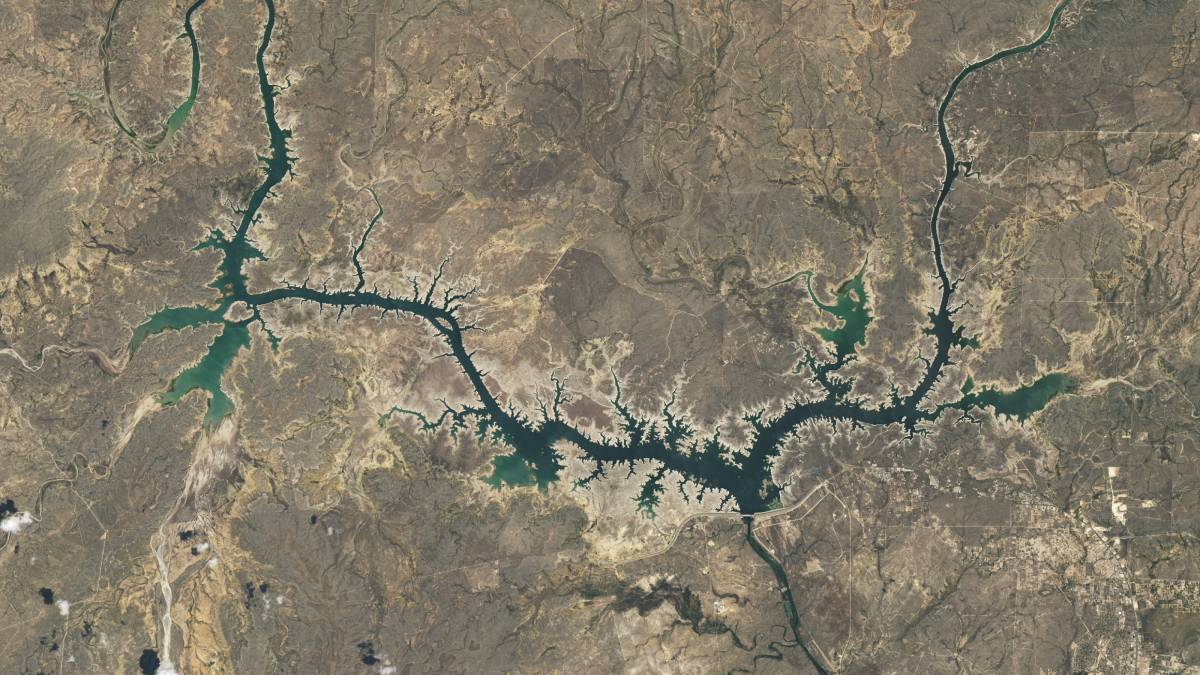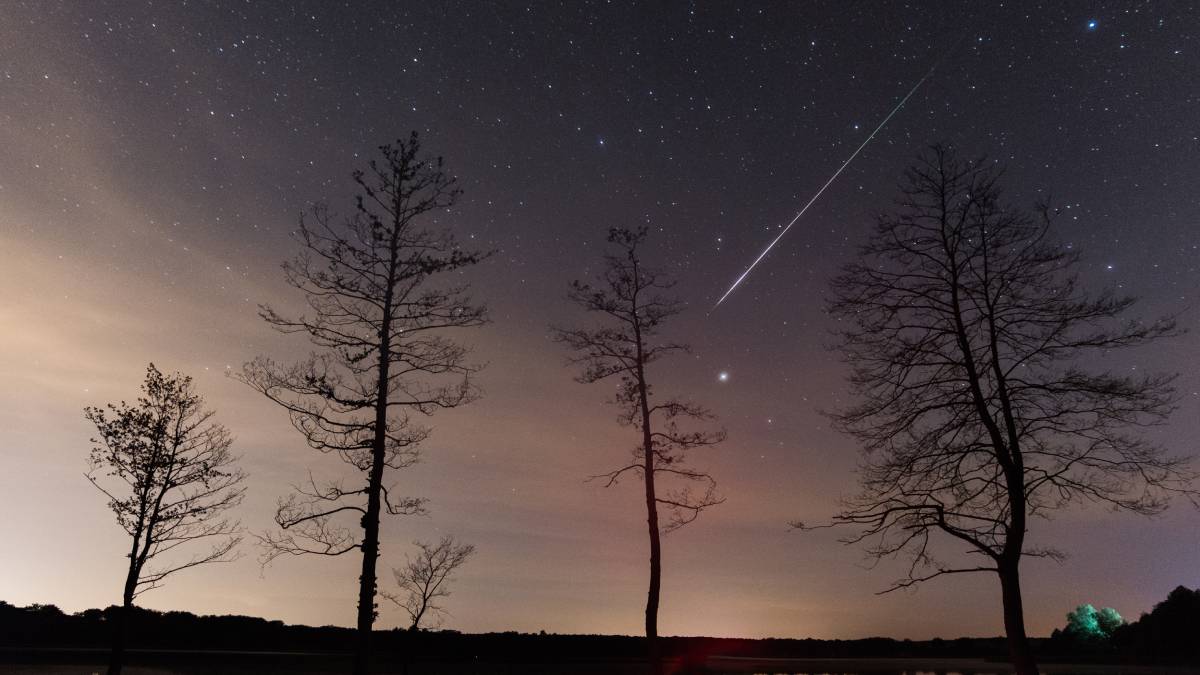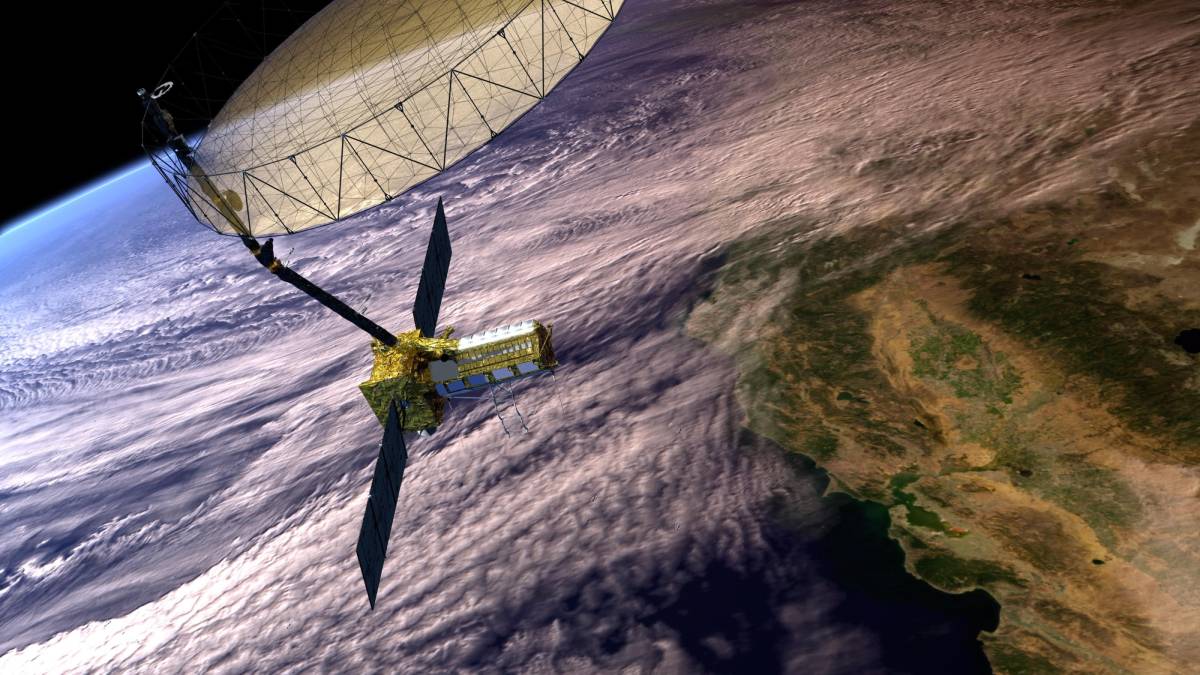Climate.gov, NOAA’s portal to the work of their Climate Program Office, will likely soon shut down as most of the staff charged with maintaining it were fired on 31 May.
Kimberly M. S. Cartier
Kimberly M. S. Cartier, Senior Science Reporter for Eos.org, joined the Eos staff in 2017 after earning her Ph.D. studying extrasolar planets. Kimberly covers space science, climate change, and STEM diversity, justice, and education
Mini Dunes Form When Sand Stops Bouncing
Decoding how sand grains move and accumulate on Earth can also help scientists understand dune formation on Mars.
Trump Withdraws Nomination for NASA Administrator
In a move that worried politicians and space scientists alike, President Trump announced on 31 May that he will withdraw his nomination of Jared Isaacman for the position of NASA administration.
Pungent Penguin Poop Produces Polar Cloud Particles
The discovery highlights how penguins and other polar seabirds help shape their environments, even as they are under threat from climate change.
House Passes Megabill Slashing Environmental Protections
Early on 22 May, the U.S. House of Representatives passed a massive GOP-backed bill that seeks to push forward President Trump’s domestic policy agenda. Within the bill’s 1082 pages are sweeping repeals of regulations that defend the environment, mitigate climate change, and protect public health.
Trump Blocks Funding for EPA Science Division
The Trump administration has blocked funding for the EPA’s Office of Research and Development (ORD), the agency’s main science division.
Mexico Will Give U.S. More Water to Avert More Tariffs
Mexican and U.S. officials announced that Mexico will immediately transfer some of its water reserves to the United States and also allow a larger share of the Rio Grande River to flow into the United States.
A Geologic Map of the Asteroid Belt
Scientists leveraged a global camera network and doorbell cameras to track dozens of meteorites to their asteroid families.
NOAA Datasets Will Soon Disappear
NOAA has quietly reported that they will soon decommission 14 datasets, products, and catalogs related to earthquakes and marine, coastal, and estuary science.
“Transformational” Satellite Will Monitor Earth’s Surface Changes
The mission, jointly operated by the United States and India, will measure minute changes to land, ice, and ecosystems around the globe.

